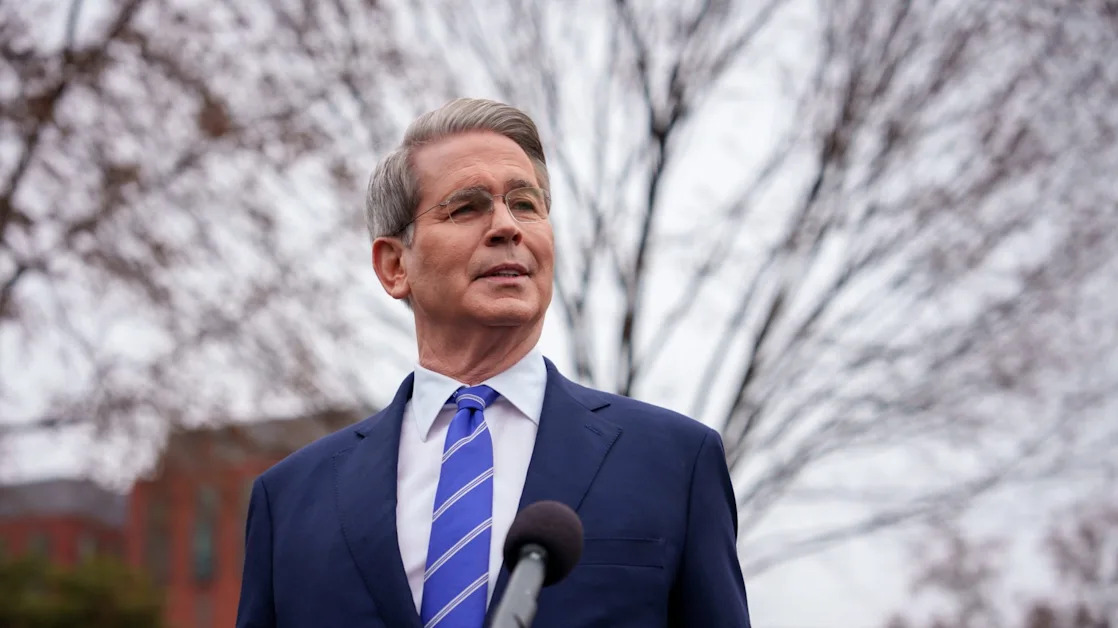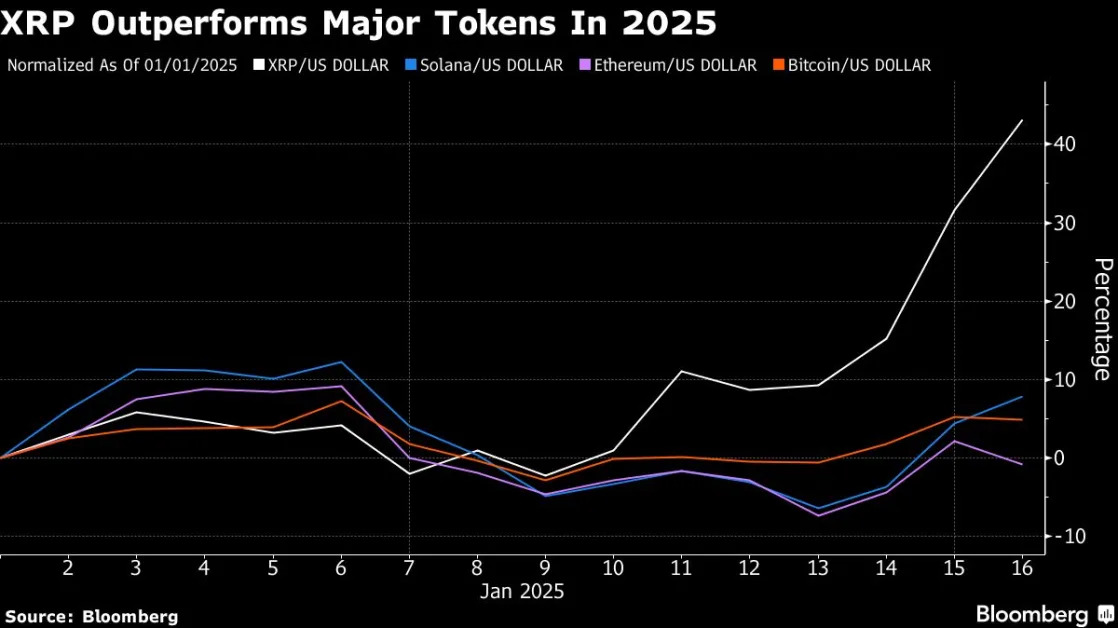(Bloomberg) -- Treasury investors should consider the possibility of a Donald Trump presidency after the Republican candidate said he would look to influence US monetary policy if elected, according to Wei Li, global chief investment strategist at BlackRock.
“There is a risk of that as we think about scenarios that could play out. That plays to what investors ought to demand for holding government bonds in portfolios,” Li said on Bloomberg Television, referring to yields.
Li added that fiscal concerns will also influence appetite for longer-term Treasuries. However, expectations that the Federal Reserve will cut interest rates from more than two-decade highs could also impact the bond market.
Trump said Thursday during a press conference in Palm Beach, Florida, that the president should have some say in setting of rates. Trump’s challenges of Fed independence, both during his presidential term and more recently on the 2024 campaign trail, have broken from a long-standing norm that presidents refrain from influencing Fed policymakers’ decisions.
Such autonomy in monetary policy “is a strong positive for the Fed, and any change to that could put inflation expectations at risk,” Jay Barry, co-head of US rates strategy at JPMorgan Chase & Co., separately told Bloomberg Television Friday.
Longer-term yields could climb “as markets perceive the Fed to be less independent and less attentive to both sides of its mandate,” Barry said.
Wall Street bond watchers weren’t the only ones critical of Trump’s comments. Former Treasury Secretary Lawrence Summers said on Bloomberg Television’s Wall Street Week with David Westin Friday that politicians have a “profound conflict of interest” when it comes to monetary policy, since they will be tempted to boost the economy.
This week’s disappointing 10- and 30-year auction results reveal a weakening demand for long-end Treasuries, but according to BlackRock’s Li there are other factors to consider.
“No matter who gets into the White House, all of that goes to show that we need to think about portfolio construction around Treasuries more carefully going forward,” Li said.
While the desire for longer-term government bonds “may not be as strong,” she said, “demand for income is still firmly in place.”
--With assistance from Francine Lacqua.
(Adds commentary from JPMorgan strategist and Lawrence Summers in the 5th, 6th and 7th paragraphs.)





